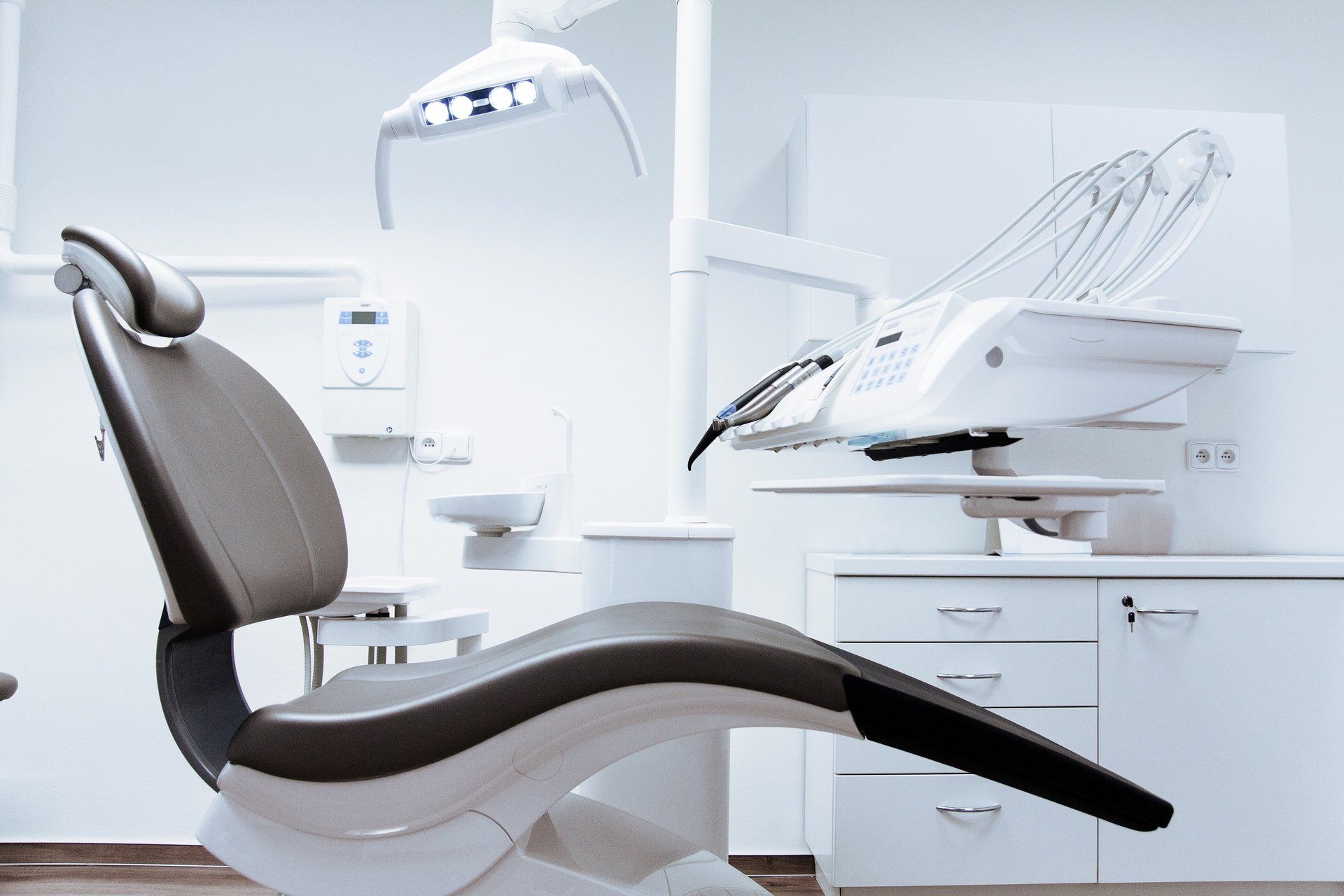By Jordan Uditsky
•
February 19, 2025
In a previous post , we discussed the pros and cons and ins and outs of selling a dental practice to a dental services organization (DSO). The DSO model continues to be attractive and popular. According to Grand View Research , the U.S. DSO market size was estimated at $26.9 billion in 2023 and is projected to grow at an annual rate of 16.4% from 2024 to 2030. Despite the exponential growth of DSOs, and the large amounts of private equity that fuel that expansion, they are still a relatively recent development in the dental industry. As such, the DSO model is still evolving and being refined in response to market conditions and demands. That evolution includes a new form of DSO – the “Invisible DSO” (IDSO) – designed to provide financial and operational support to private dental practices without the significant loss of autonomy and leadership that makes many owners wary of joining a traditional DSO. What Makes an IDSO “Invisible”? Unlike traditional DSOs that often impose centralized control over management and branding, IDSOs operate discreetly - almost “invisibly” - in the background. IDSOs allow dentists to keep their brand identity and operational independence without having to rebrand under a corporate umbrella. As important, dentists in an IDSO can still make clinical decisions without external interference – for the most part. Key Features of an IDSO That retention of leadership and control comes with many of the benefits of group affiliation within a traditional DSO, including: Equity Partnership Model. Dentists sell a portion of their practice (typically 51% to 80%) to the IDSO in exchange for a combination of cash and equity in the more extensive dental group. This allows dentists to "de-risk" their financial position while still maintaining ownership and influence over the practice. Operational and Administrative Support. As with traditional DSOs, IDSOs provide back-office support, including billing, human resources, marketing, compliance, and IT. This helps streamline operations without the dentist having to give up control over daily clinical decisions. Access to Growth Capital. As noted, private equity is the backbone of the DSO industry, including IDSOs. This readily available cash facilitates the ability of individual practices to expand, recruit more staff, and update technology, equipment, and infrastructure. Group Negotiation Power. By being part of a more extensive network, practices gain better negotiated rates on supplies, lab costs, and insurance reimbursements (which can be as much as 20% higher than independent practices). This reduces overhead and increases profit margins. Financial Security and Liquidity. Selling a portion of the practice to an IDSO provides dentists with an immediate financial payout. This can be a useful strategy for retirement planning or reducing financial risk while still retaining practice ownership. Additionally, the private equity behind DSOs may provide dentists with an opportunity to benefit from a future liquidity event, such as a sale to a larger investment group. Reduced Administrative Burden. One of the most appealing aspects of an IDSO is the ability to unburden themselves of many administrative functions, freeing dentists to focus on patient care and facilitating lower stress and higher job satisfaction. Stronger Competitive Positioning. Solo dental practices face growing competition from corporate dental chains. IDSOs provide the resources needed to compete effectively while maintaining independence. Potential Downsides of Joining an IDSO While an IDSO can be a more attractive option than its traditional counterpart, it is not without potential downsides. These include: Invisibility Isn’t Absolute. The key distinguishing feature of an IDSO, as noted, is the ability of the practice owner to retain control of their practice, clinical decisions, and brand. However, that autonomy, while significant, is not limitless. Even if the dentist holds on to a great deal of decision-making power, the IDSO may influence staffing, marketing, financial decisions, and even treatment protocols. This can lead to conflicts between corporate interests and clinical judgment, potentially pressuring practitioners to prioritize profitability over patient care. Revenue Sharing. Since the IDSO takes a significant equity stake in the practice, profits must be shared. Accordingly, dentists might earn less per year compared to full ownership. Long-term Commitments. Most IDSOs require a long-term commitment, often 5–10 years. Dentists looking for total independence in the short term may find these agreements restrictive. Potential for Future Policy and Ownership Changes Although IDSOs promise, and usually deliver, autonomy, private equity-backed groups may eventually adjust policies or introduce new financial structures that affect dentists’ control. If a larger organization acquires the IDSO, there could be unexpected changes in how the practice is managed. An IDSO can change hands multiple times, and a practice owner could be stuck with the company even if their relationship with the organization otherwise goes south. Before joining an IDSO, it's essential to carefully review the terms, understand the long-term implications, and ensure that the partnership aligns with your personal and professional goals and your practice’s culture and outlook. Consulting with an experienced dental industry attorney can help you navigate the complexities of the decision. If you are a dental professional considering a sale or merger, please contact us at ddslawyers.com at (630) 833-5533 or contact us online to arrange for your complimentary initial consultation. We focus a substantial part of our practice on providing exceptional legal services for dentists and dental practices, as well as orthodontists, periodontists, endodontists, pediatric dentists, and oral surgeons. We bring unique insights and deep commitment to protecting the interests of dental professionals and their practices and welcome the opportunity to work with you. Jordan Uditsky, an accomplished businessman and seasoned attorney, combines his experience as a legal counselor and successful entrepreneur to advise dentists and other business owners in the Chicago area. Jordan grew up in a dental family, with his father, grandfather, and sister each owning their own dental practices, and this blend of legal, business, and personal experience provides Jordan with unique insight into his clients’ needs, concerns, and goals.






